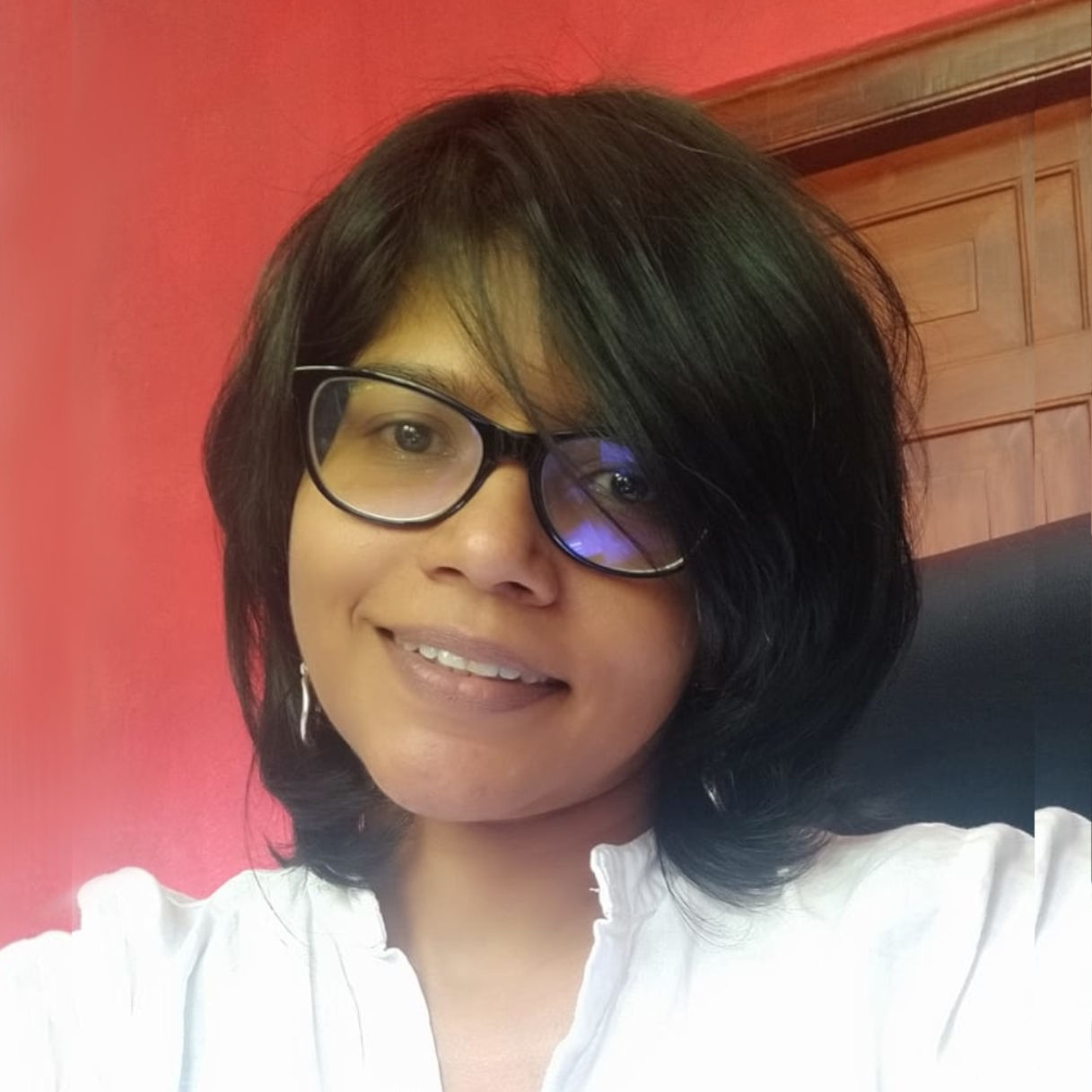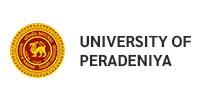Academic and Professional Qualifications
Doctor of Philosophy
Industrial & Organizational Psychology,
Purdue Program, University, West Lafayette, Indiana,
August 2005.
Master of Arts
Experimental Psychology Program,
Illinois State University, Normal, Illinois,
August 1999.
Bachelor of Arts
Psychology,
University of the South, Sewanee, Tennessee,
May 1996.
ACADEMIC DISTINCTIONS & AWARDS
JOURNAL PAPERS
- Jagacinski, C. M., Kumar, S. & Keith, M. G. (2019 online). Expanding the Nomological Network of Work Avoidance: Antecedents and Consequences Across Contexts. Journal of Experimental Education, 1-24. https://www.tandfonline.com/doi/abs/10.1080/00220973.2019.1635564
- Kumar, S., Rauf*, F. H. A. (2019 online) Working to help or helping to work? Work-overload and allocentrism as predictors of organizational citizenship behaviours. International Journal of Human Resource Management. https://www.tandfonline.com/doi/abs/10.1080/09585192.2019.1602549?af=R&journalCode=rijh20
- Kumar, S., Rauf*, F. H. A. (2019 online) Working to help or helping to work? Work-overload and allocentrism as predictors of organizational citizenship behaviours. International Journal of Human Resource Management. https://www.tandfonline.com/doi/abs/10.1080/09585192.2019.1602549?af=R&journalCode=rijh20
- Tharshini*, U. & Kumar, S. (2016). Climbing Different Ladders of Success: Perceptions of Barriers to Career Advancement of Women and Men Holding Public Sector Managerial Positions in Jaffna District. South Asian Journal of Human Resource Management, 3, 1-24.
- Kumar, S. (2015). Politics of the Teacher-Learner Relationship and Shifts in Educational Policy in Sri Lanka. In R. Kumar (ed.), Neoliberalism and the educational crisis in South Asia: Alternatives and possibilities. Delhi: Routledge.
- Rauf*, F. H. A. & Kumar, S. (2015). Dimensions of organisational citizenship behaviour: Emic, etic, or both? South Asian Journal of Human Resource Management, 2, 123-138.
- Kumar, S. & Gunawardana*, H. (2014). Succeeding at Sales by Avoiding Failure: Social Achievement Goals in a Collectivist Cultural Context. South Asian Journal of Human Resource Management, 1(2), 135-151.
- Weerasinghe, C. A. K. & Kumar, S. (2014). University students’ intention to pursue overseas jobs: A Case of the University of Peradeniya. Tropical Agricultural Research, 26, 94-108.
- Kumar, S. & Jagacinski, C.M. (2011). Confronting Task Difficulty in Ego Involvement: Change in Performance Goals. Journal of Educational Psychology, 103, 664-682.
- Jagacinski, C. M., Kumar, S., Boe, J. L., Lam, H & Miller, S.A. (2010). Great Expectations: Changes in Achievement Goals across the College Semester. Emotion and Motivation, 34, 191-204.
- Jagacinski, C.M., Kumar, S., & Kokkinou, I (2008) Challenge seeking: The relationship of achievement goals to choice of task difficulty level in ego-involving and neutral conditions. Motivation and Emotion, 32, 310-322.
- Kumar, S. & Jagacinski, C. M. (2006). Imposters Have Goals Too: The Imposter Phenomenon and Its Relationship to Achievement Goal Theory. Personality and Individual Differences, 40, 147-157.
- Reeder, G. D., Kumar, S., Hesson-McInnis, M., & Trafimow, D. (2002). Inferences about the morality of an aggressor: The role of perceived motive. Journal of Personality & Social Psychology, 83, 789-803.
CONFERENCE PROCEEDINGS
- Leeze, A. & Kumar, S. (2019). Workplace Bullying: A Study of Tourism Industry in the Maldives. Theveli: Third International Conference on Multidisciplinary Research. Maldive Islands: Maldivian National University.
Herath, R. & Kumar, S. (2018). Conference on Electric Power Supply Industry conference of the Association of the Electricity Supply Industry of East Asia and the Western Pacific, Kuala Lumpur, Malaysia.
Kumar, S. (2018). Employability and Exploring Women’s Employment: A Review of Literature. National Symposium on Gender in Higher Education. Centre for Gender Equity and Equality, University Grants Commission, Colombo, Sri Lanka.
Priyadarshanie*, M. G. & Kumar, S. (2017). Impact of customer attire on price of goods and the service quality in small and medium scale business context. Sri Lanka Association for the Advancement of Science, Colombo, Sri Lanka.
Mudiyanselage, A. S., Kumar, S., & Jayakody, J. A. S. K. (2017). Where Do Leaders Come From? Contextual Differences in Determining Paths to Leader Emergence. International Studying Leadership Conference, Richmond, USA.
Manodara*, D. K. & Kumar, S. (2017). Students’ confidence regarding online and offline career exploration methods for successful outcomes: An experimental study based on management undergraduates of a state university in Sri Lanka. Asia Pacific Institute of Advanced Research: Nurturing knowledge without bountries, Melbourne, Australia.
Kumar, S. (2016). Alternative Constructions of the Self for Sri Lankan Contexts. 31st International congress of Psychology, Yokohama, Japan.
Kumar, S. (2015). The politics of the teacher-learner relationship in psychology. Resistance and Renewal: International Society for Theoretical Psychology, Coventry, UK.
Deepthi*, U. G. T. & Kumar, S. (2014). Effects of adaptation to climate change on yield based on market versus production orientation. Faculty of Agriculture Undergraduate Research Symposium, Peradeniya, Sri Lanka.
Karthiga*, K. & Kumar, S. (2014). Motivational goals regarding English language and the impact of English language performance on academic achievement: The case of final year students of the Faculty of Agriculture, University of Peradeniya. Faculty of Agriculture Undergraduate Research Symposium, Peradeniya, Sri Lanka.
Muthukumarana*, L. N. & Kumar, S. (2014). A comparison of dual and single manager households’ work-family conflict and business performance. Faculty of Agriculture Undergraduate Research Symposium, Peradeniya, Sri Lanka.
Siyambalapitiya*, J. & Kumar, S. (2014). Perceptions of Communication, Job Performance and Productivity in RPC’s Tea Plantatio





